Age is not an obstacle to outdoor adventure
Senior Car Campers defy 'Julian'
At least twice a month, a group who look too old for adventure pack into their vehicles tents, cots, air mattresses, stoves and kitchenware, food to feed a herd – and drive out to a campsite hours away from their comfortable homes.

There, they unload the stuff and set up tents, open awnings attached to vehicles, unfold tables and chairs, and clear space for a kitchen. In an hour, fully-furnished shelters stand under trees, beside a river, or just under the clear blue sky.
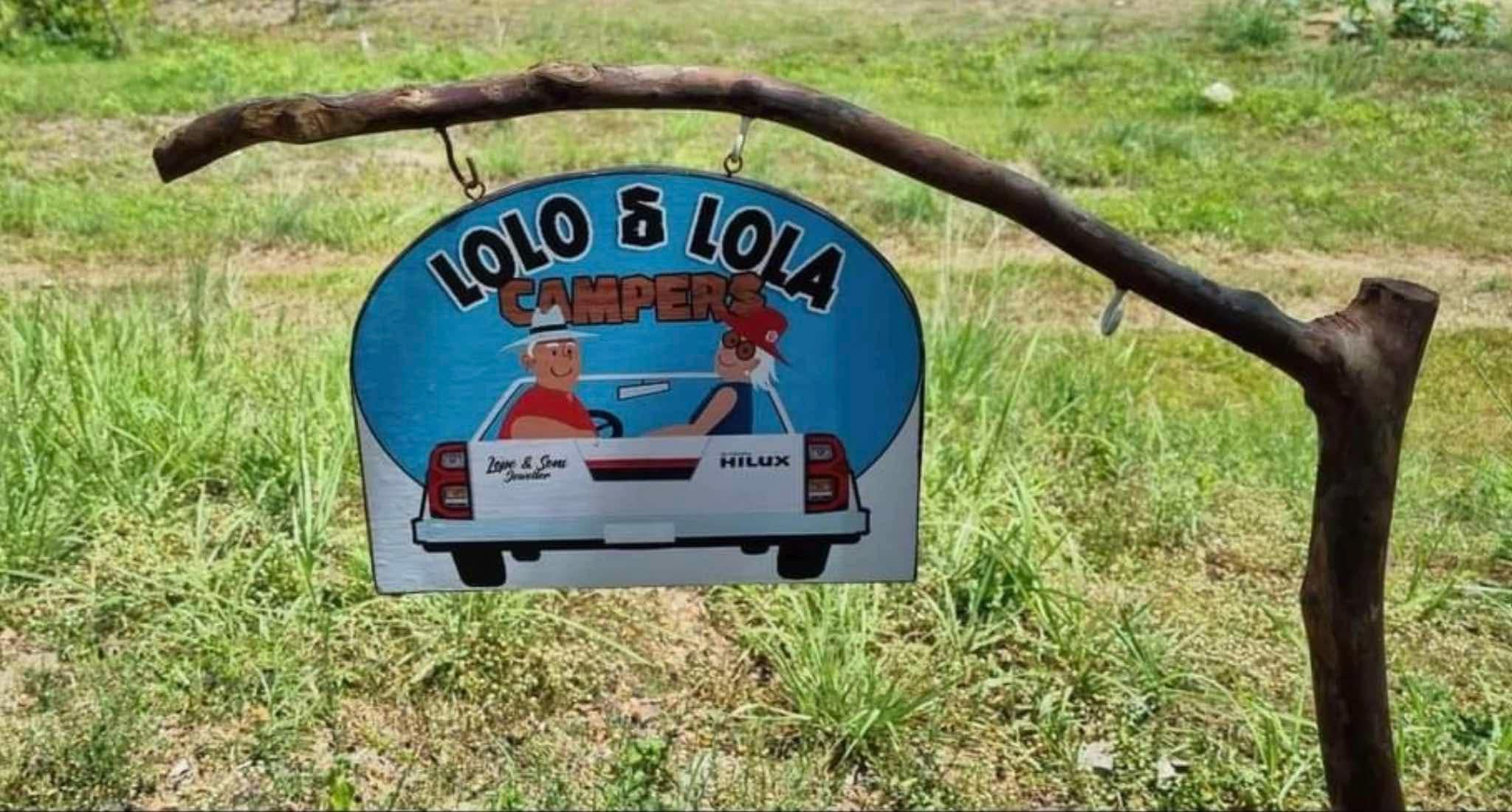
The motions of these people are nothing new at a campsite. Except that this group is composed of senior citizens, most of them couples. They do all that by themselves without adult children, household staff or campsite assistants. In fact, many of them have become adept in setting up camping gear so fast, they move on to help the others assemble complicated gear.
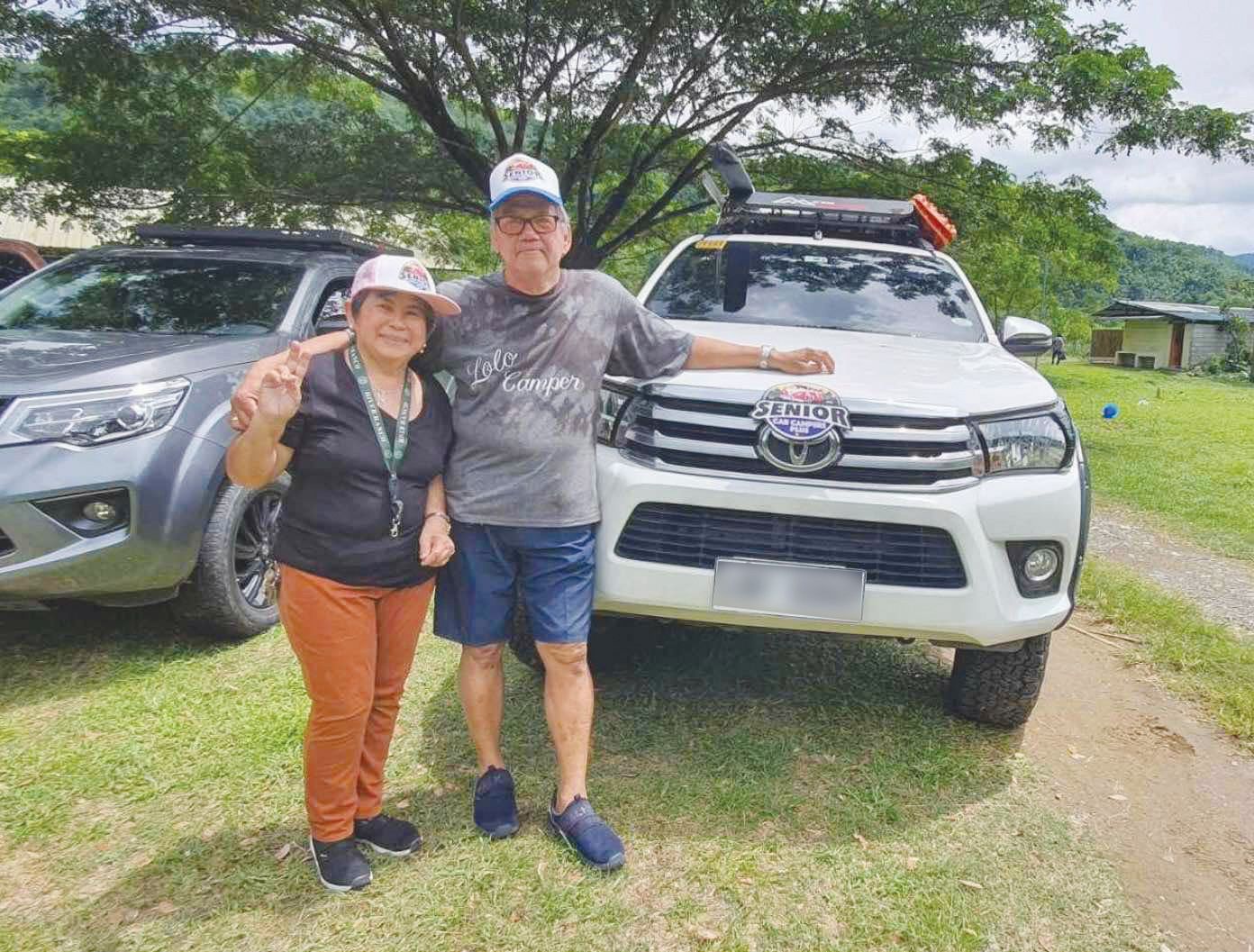
Soon, a flag flies over a high pole — meticulously erected to withstand the winds and gravity — that proclaims ‘Senior Car Campers Plus’. The “plus” is for the not-yet-senior members who have joined the group simply because they regularly go camping – oftentimes twice or three times a month!
“Rain or shine, or “Come hell or high water” are sayings that best describe how the Senior Campers live the outdoor life. No weather disturbance advisory, except if the campsite declares it is “closed” for the day, can change their plans. In the weekend of Sept. 28-30 when super typhoon Julian barreled toward Northern Luzon, the campers were celebrating their second anniversary at River Ranch in Tanay. The winds howled and pushed the rains into the gazebo where they had huddled for their meals and games.
Defining the real meaning of “raining cats and dogs,” Julian tested the meaning of adventure, the waterproof element of tents and jackets, and the skills of the seniors. Did they tie the ropes securing their tents to the ground properly? Were the pegs hammered deep into the ground to hold on against the winds?
Nature was merciless in testing the senior campers that day, extending deep into the night and early morning. (At nearly midnight, I had to transfer to the gazebo because water had entered the tent and I had run out of towels to soak up the water.)
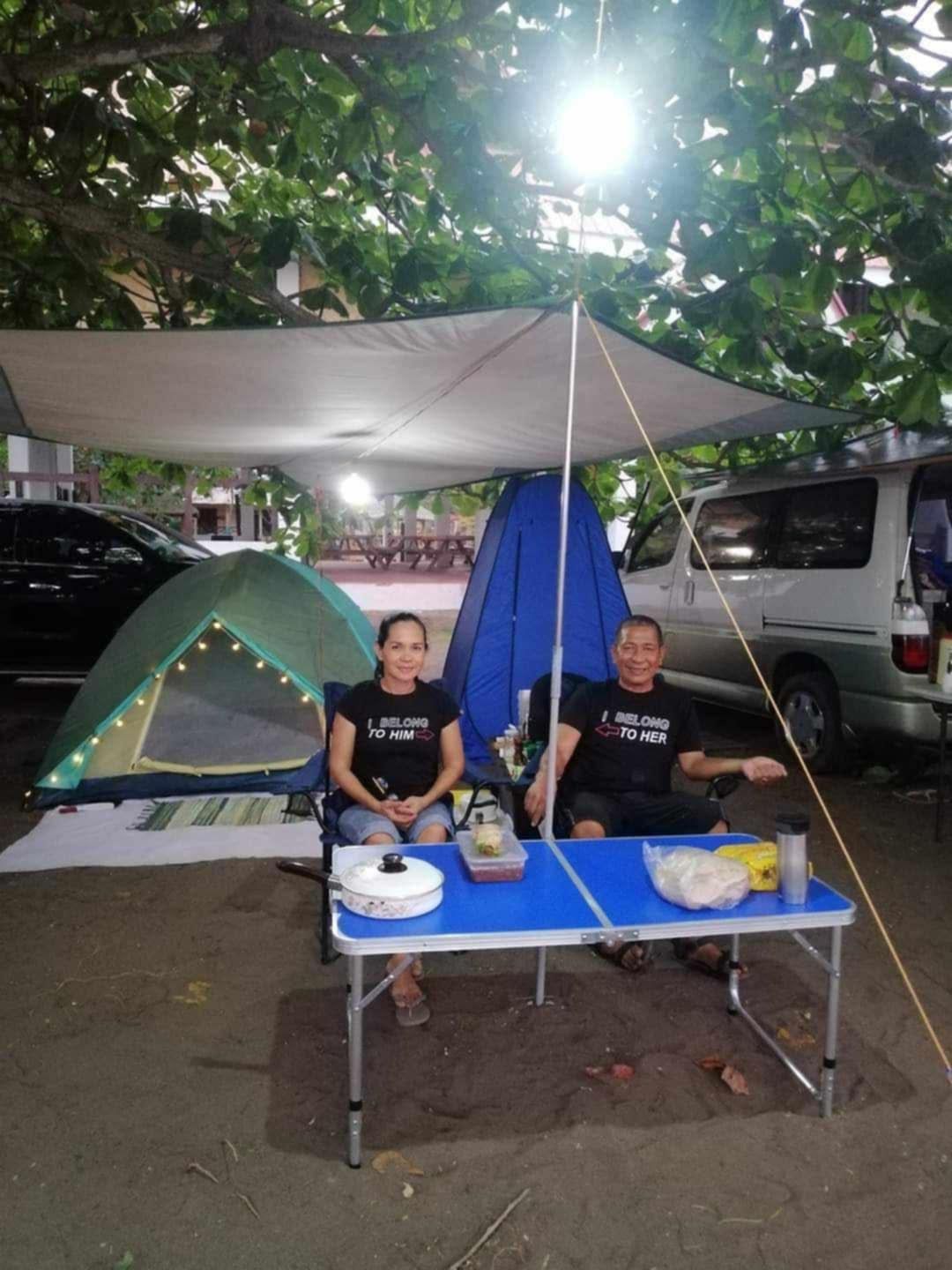
And yet, the celebration went on and on. Games brought the delight of the good old days, raffle prizes kept on coming because friends of friends sent merchandize, laughter from jokes heard before crackled, food from a dozen tent kitchens decked the table — definitely a celebration of the good life!
“Didn’t anyone suggest that you go home?” — my daughter asked when I related my experience the next day. I was speechless. Breaking camp and going home because of the storm had never crossed my mind, as I’m sure no one among the senior campers ever thought of that.
To all of us, a typhoon is part of nature and if it blows while we are at camp, we get out of its way by securing ourselves from the river or landslide-prone areas. And yes, by tying our tents and awnings more tightly, and relieving the pressure of rainwater from the tent roofs.

A now popular story among them is that trip when they had to very hastily break camp at the river bank of a campsite at 9 p.m. because the river water had risen due to the heavy rains. Throwing all gear at the back of their pickup trucks, they drove to higher ground and slept in their vehicles — still wet from the rain! No one complained; no one caught a cold.
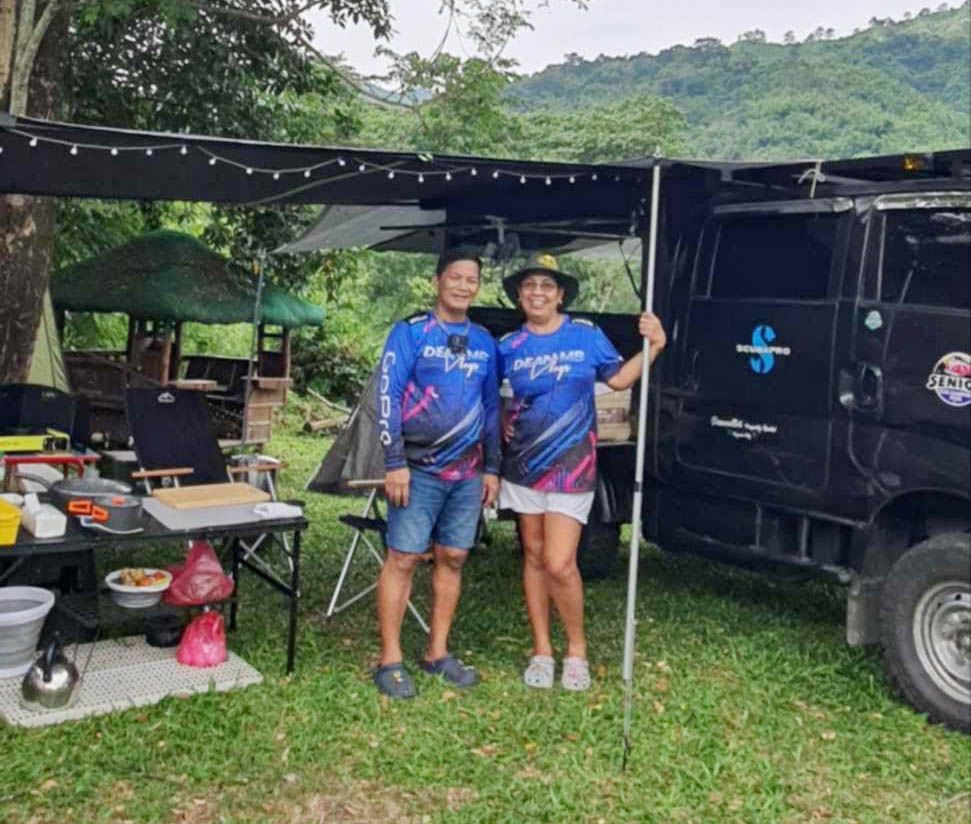
Why do senior citizens get out of the comfort of their homes to shelter like that in an isolated place under the elements? Their vehicles tell of that they have comfortable homes — SUVs, 4x4 trucks, and vans which have been transformed as part of their camp setup.
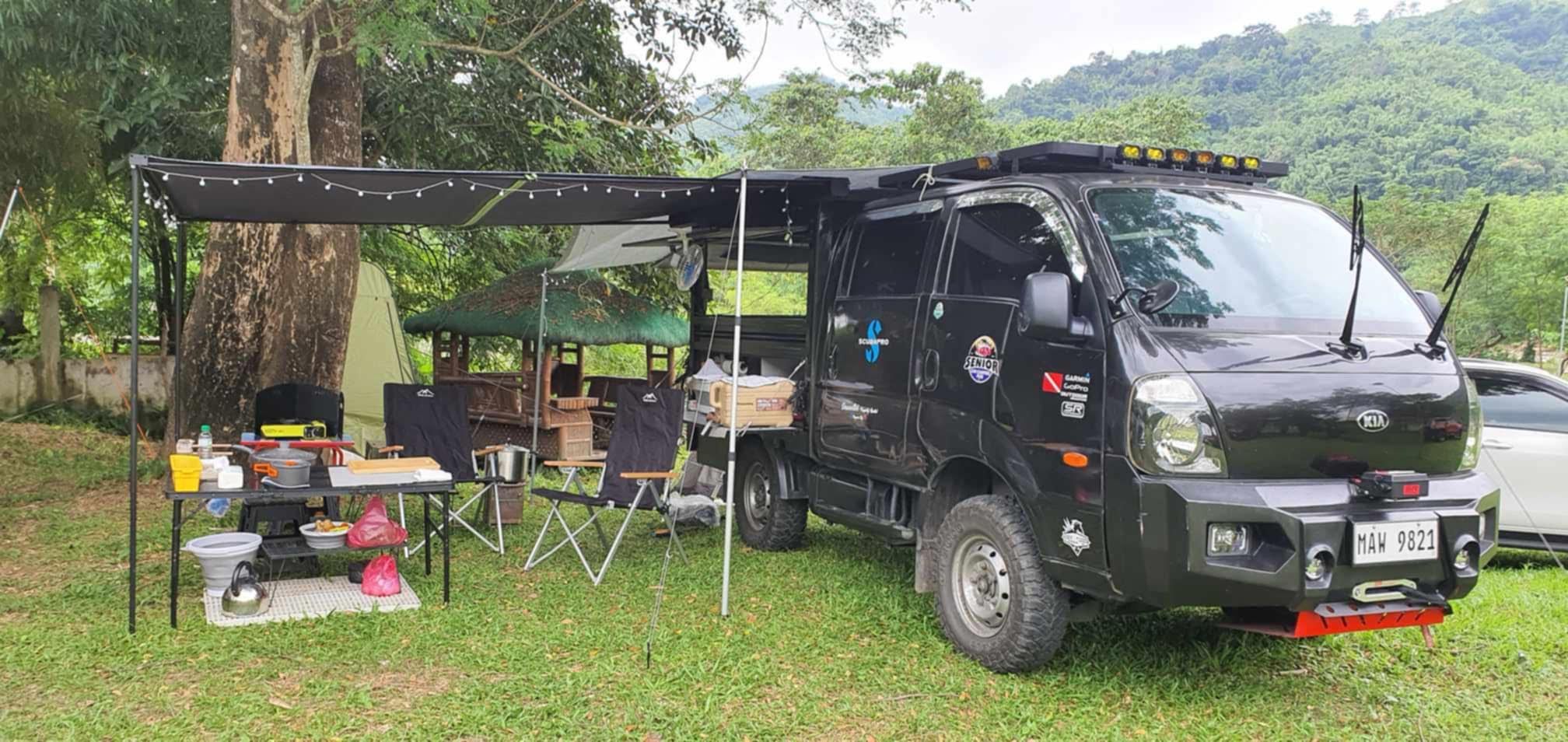
The answers flow during the activities. The love for being outdoors; the adventure with strangers who have become friends, sharing food, sitting with people who do not complain about the inconvenience of being away from the comfort of home.
Car camping is definitely for a special group of people who fail to see inconvenience in bringing a chair to a neighbor’s camp when one wants to share a meal — because campers do not bring extra chairs for guests. Or, the cumbersome routine of cooking on folding tables with camping stoves and no running water, only from containers they brought along. Or, sleeping on ground air mattresses that challenge one’s skill to get up. Or, walking a distance to the shared restrooms — and forgetting the towel or toothpaste in the tent.
There are countless inconveniences that have taught each camper some lessons in life, such as patience, forgiveness, and humor. (Many of these experiences have turned into camp jokes.)
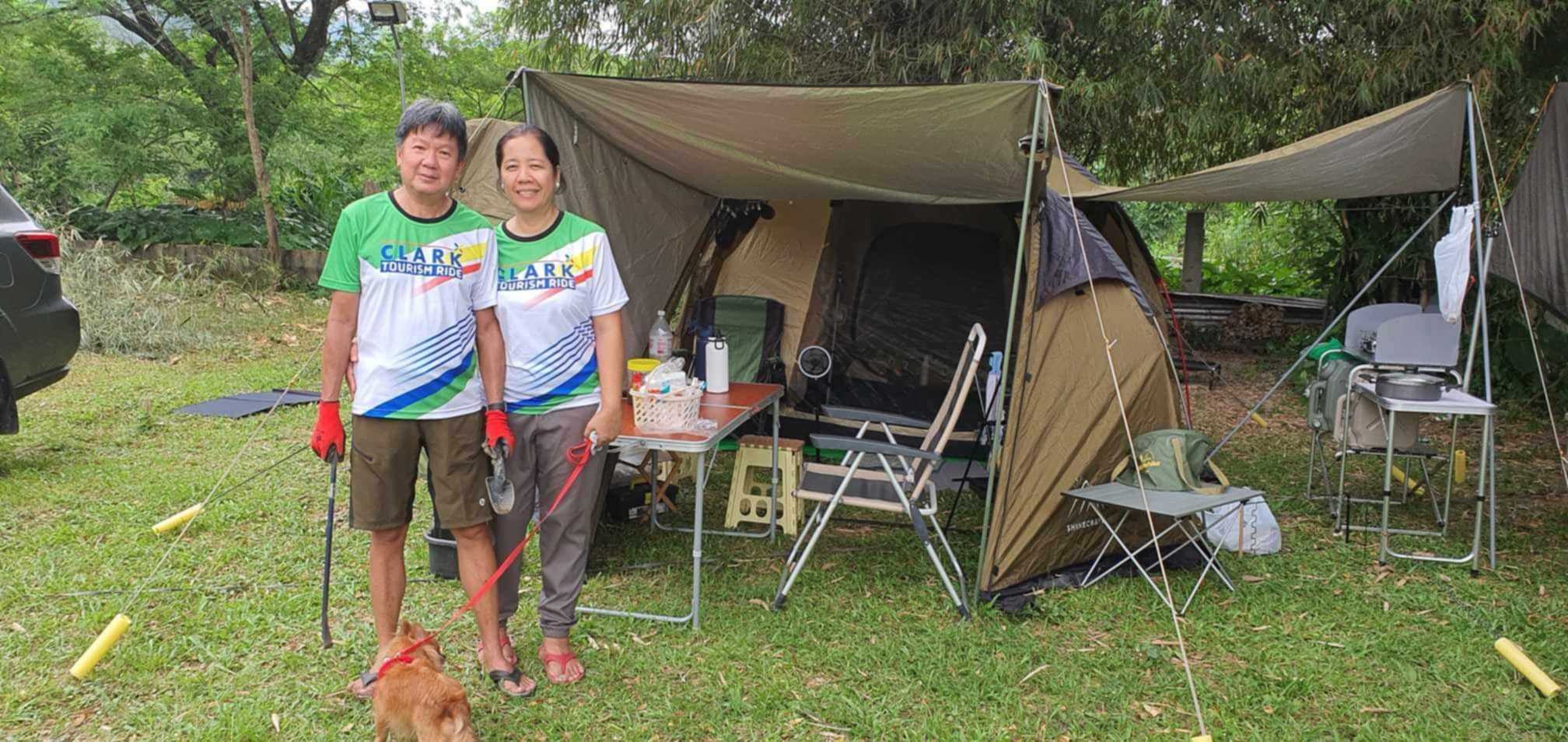
Most often, the rustic conditions in a campsite teach the value of things to each camper. Those who value space have bigger tents with cots and a night table. The value of comfort shows through the battery- or solar-powered fans and lights, car refrigerators, even ottoman throw pillows. Comfort food and entertainment are always in the campsite of the seniors — movie screens, popcorn makers, espresso coffee maker, and even an ice shaver for halohalo, and recently, red wine to enjoy the flow of conversation.
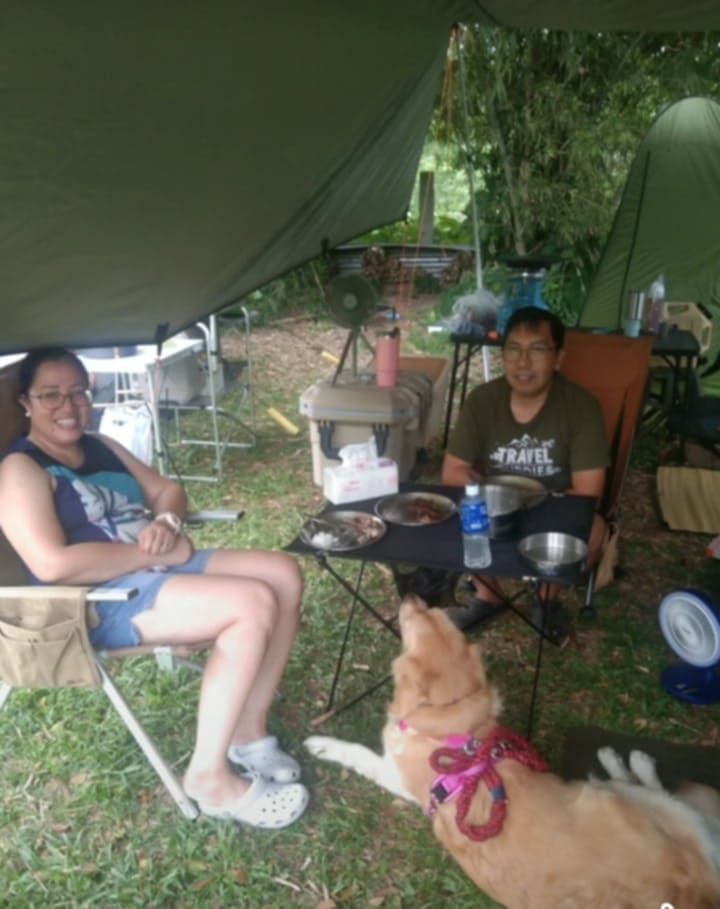
The outdoor lifestyle does not look like a fad to them. Their vehicles have been outfitted for camping. All have awnings attached. Several pickup truck cargo beds have covers that protect camp gear, a roll-out kitchen, or a bed. Vans house a bedroom in the cabin, and a fully-functioning kitchen at the cargo area. Sedans have rooftop baskets to hold extra gear. Tents for shelter present a variety of what the market now offers — roof top tent, dome tent, square tent with windows and doors on one side, two sides, or all sides.

What each camper brings for food also provides an interesting picture of their homes— adobo, fish and pork ribs for grilling, arroz caldo, lechon paksiw, bulalo, tinola, callos. (I always hesitate to bring out the hotdogs and canned luncheon meat I bring along.)
The spirit of the Pinoy who says as a habit “kain tayo” to anyone beside him before he eats — is so alive in the campsite of the Senior Car Campers Plus. There, “kain tayo” also means, eat-all-you-can, and bring home the leftover!
I cannot end this story without mentioning the beautiful people who made typhoon Julian a good memory: social media stars Lope and Nida Bernardo (aka Lolo and Lola Camper), patient organizer Bodjie Rivera, Lawrence Dy, Roland and Connie Garcia, game masters George and Josie Coscolluela, all-around joker Dean and Nette Baltazar, Larry and Thess Romantico, Zaldy and Claire Ramones, Arnie and Gina Geronimo, Jerry and Ellen Buhain, Joey and Lilly Ong, Richard Siy, Danny and Melanie Yan, Jhun and Ems Beleno, Kei and Mitch Benesa, our favorite car camper, Justin Lim; our favorite entertainer-singer Ron Delos Reyes, Allan delas Alas, and Lino Marable.
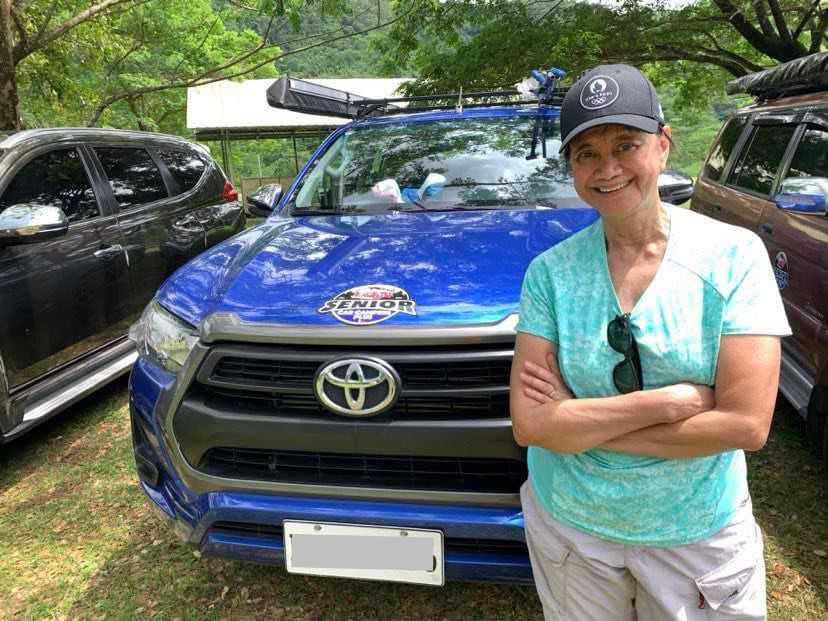
There will be more camping as the year rolls to an end. These seniors who count 25 to 35 camping trips in two years do not get tired of setting up camp and folding every item after a night or two in the Great Outdoors – where time stops and aging slows down.
Join us!